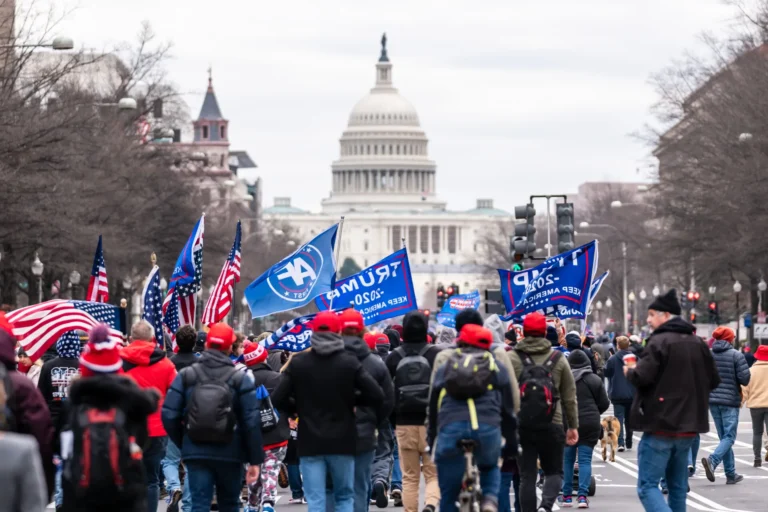By Cliff Montgomery – Jan. 31st, 2016
Project Gutenberg, the famed Internet source for older books that are no longer under copyright protection, rarely takes a stand on economic or political matters. But it seems one trade deal has the website quite worried.
“Project Gutenberg is concerned about a new international treaty, the Trans-Pacific Partnership [TPP],” the website openly declares on its front page.
The TPP was put together by representatives from twelve nations – countries that, as a group, account for “more than 40 per cent of global GDP [Gross Domestic Product],” according to the news source WikiLeaks.
The United States is the principal member of the trade deal. Other nations include Chile, Japan, Canada, Australia, Mexico, New Zealand, Brunei, Peru, Singapore, Malaysia and Vietnam.
The TPP “has been reported as completed, but the countries involved still need to ratify the treaty for it to apply to that country,” Project Gutenberg stated, adding that “there is still time to resist the negative impact on the Public Domain, within each country.”
It’s clear that this potential economic agreement has a lot of well-informed people quite upset.
A number of elected officials, Internet freedom activists, advocacy groups, trade unions, global health professionals and environmentalists have declared their opposition to the TPP. They have stated that deal negotiations were held in secret, that earlier drafts contained a number of controversial proposals and that the TPP is too expansive in scope.
Of special concern is the deal’s chapter on Intellectual Property (IP) Rights. It “has perhaps been the most controversial chapter due to its wide-ranging effects on Internet services, medicines, publishers, civil liberties and biological patents,” declared WikiLeaks in a statement.
Critics say that, if ratified, the potential deal will have dire consequences for citizens of TPP-member countries.
For instance, “the new monopoly rights for big pharmaceutical firms would compromise access to medicines in TPP countries. The TPP would cost lives,” stated Peter Maybarduk, Public Citizen’s Global Access to Medicines Program Director.
Although the effect on citizens’ lives may be tremendous, it seems that elected officials often had little say in the contents of the TPP.
“Hundreds of representatives from large corporations had direct access to the negotiations, whereas elected officials had limited or no access,” according to a WikiLeaks statement on the potential agreement.
“Political opposition to the TPP in the United States,” which just happens to be “the dominant member of the 12 negotiating nations, has increased over time as details have emerged through previous WikiLeaks disclosures,” continued the statement.
And it gets worse. It appears that U.S. representatives at the trade talks were fighting to include a slew of provisions “that would grant radical new political powers to corporations, increase the cost of prescription medications and restrict bank regulation,” The Huffington Post has stated.
An especially sweeping provision which had been demanded by U.S. representatives “would allow foreign companies to challenge laws or regulations in a privately run international court,” according to The Huffington Post.
As a comparison, World Trade Organization agreements traditionally reserve such an overt political power for sovereign nations.
Most of the other trade representatives appear to have balked at keeping such a controversial proposal in the TPP, according to memos obtained by The Huffington Post.
“The United States, as in previous rounds, has shown no flexibility on its proposal, being one of the most significant barriers to closing the chapter,” according to one memo obtained by the Post, “since under the concept of Investment Agreement nearly all significant contracts that can be made between a state and a foreign investor” would be overseen by the privately run – and thus democratically unaccountable – international court.
Luckily, “only the U.S. and Japan support the proposal,” the memo declared.
A text of the TPP was printed in November 2015 – though it remains “subject to Legal Review in English, Spanish and French for Accuracy, Clarity and Consistency,” this document should come quite close to the final version of the text.
A perusal of the TPP chapter on Investment reveals that the potential deal would allow for the creation of an arbitration tribunal to rule on investor-state disputes that have “not been resolved within six months.”
But depending upon the nature of the dispute, it appears the tribunal either must “decide the issues in dispute in accordance with this Agreement and applicable rules of international law,” or “shall apply the rules of law applicable to the … [disputed] investment agreement.”
So it appears that U.S. representatives failed to get the unaccountable tribunal they so dearly wanted. However, the TPP also would create a body of senior officials to be called the TPP Commission, and declares that any Committee “interpretation of a provision of this Agreement … shall be binding on a tribunal, and any decision or award issued by a tribunal must be consistent with that decision.”
Whether these Commission decisions would also be bound by the rule of law could not immediately be determined.
In June 2015, the U.S. House of Representatives narrowly approved a resolution to “fast-track” trade bills likethe controversial TPP. The action will prevent concerned legislators from amending or even discussing the TPP on the Congressional floor – in short, the “fast track” serves as a legal straightjacket which will force elected officials to simply vote ‘yea’ or ‘nay’ on the deal.
The Senate has also approved the “fast-track” resolution.
But U.S. passage of the TPP – which probably will come up for a final vote in 2016 – is uncertain, as the potential deal is facing an increasingly “stiff Democratic opposition” in Congress, according to USA Today.
The “fast-track” resolution stipulates that once the trade deal is submitted to Congress for a vote, legislators will only have 90 days to approve or reject the TPP. But don’t expect an increasingly nervous House and Senate to vote on the deal while voters are looking – it seems leading Republican staffers have indicated that “TPP is dead until the lame duck,” or after this year’s elections, according to Politico.





